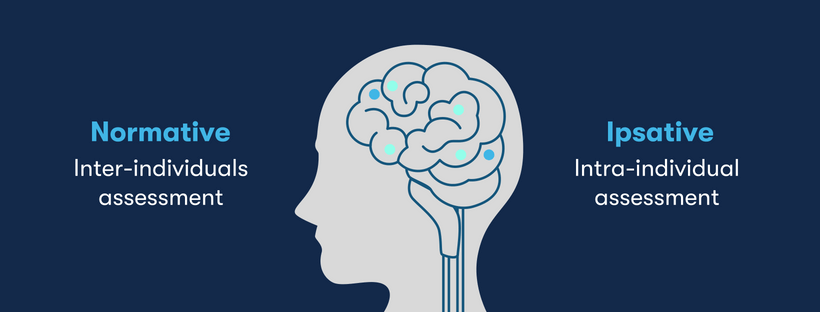Pre-employment assessments are very important when it comes to identify top talent as well as to avoid the cost of potentially bad hires, helping recruiters to make better hiring decisions. As discussed previously, if well-designed and scientifically validated, tests can actually be one the most objective ways of assessing candidates and predicting job performance and company fit.
Pre-employment assessments are extremely efficient as they can provide recruiters additional data about their prospect talents, in order to truly assess the candidate’s fitness for a specific job. So, it’s of the utmost importance to understand which type of pre-employment assessment is the most adequate to use. At skeeled, we have chosen to use the personality assessment provided by Wonderlic, the PCI (Personal Characteristics Inventory).
This assessment is the perfect tool to evaluate a candidate’s personality since it provides a scientifically proven test that is based on the worldwide renowned theoretical model, the Five Factor Model, also known as the Big Five.
During our last webinar, an interesting question was asked by one of the participants, which was why skeeled uses a normative test (PCI) instead of an ipsative test (i.e MBTI). Given that it is such a relevant question, we decided to write an article to shed some light into the conceptualization of these tests and how this types of assessments are usually used.
Normative and ipsative tests use different types of scales which are often used in personality assessments. The most evident difference is that normative tests present an inter-individuals assessment, while ipsative tests are based on the intra-individual assessment. But what does this really mean? Let us explore each one of this types of tests in order to better understand them.
Normative test
A normative assessment measures quantifiable personality characteristics on each scales, providing a final score that is then compared against patterns of normality (other test-takers scores, representing the population). Moreover, normative assessments display each statement individually which ought to be answered by using a three or five Likert scale. This is used to express to what degree a test-taker agrees with each statement. Here it is an example of a question that might be used and possible answers:
I often feel blue
- Disagree
- Neither agree or disagree
- Agree
Each answer is given a score depending on the way statements are designed. Therefore, we can conclude that positively phrased items receive a high score when answered agree, while negatively phrased item received a low score when answered agree. Then, all the scores of similar items are combined into a scale where a descriptive analysis is made in order to provide an interpersonal comparison.
This type of rating system is extremely straightforward and allows a quantitative analysis of individuals perceptions and feelings regarding a determined construct amongst the patterns of normality. For this reason, this kind of assessment is recommended for recruitment and selection applications, as well as individual development and training.
Ipsative test
Ipsative assessments, also known as “force-choice”, provide an alternative format to the normative one, as it forces test-takers to choose between four equally desired options. Likewise, test takers must select the option that they consider to be the most and least true about themselves. The following statement serves as an example to better understand this type of assessment:
Choose the answer that is the most and the least true about yourself:
I am the kind of person who...
- Seeks out leadership roles
- Can deliver results
- Likes to solve complex problems
- Always keeps a positive attitude
As it can be verified through the given example, the ipsative scoring system is more complex than the normative one. Each of the options provided belong to a scale that assesses a specific construct (i.e., leadership orientation, goal-orientation, abstract thinking and even-temperament) which will receive a score depending on the chosen options. High scores in specific scales represent individual preferences or strengths and vice-versa.
Thus, as published in an article of the British Psychological Society, “an ipsative test might identify someone’s strongest personality characteristic, for example, and also show which characteristics they are weakest in”. In short, it is true that they are rather helpful for coaching and development purposes. However, ipsative scores can only provide a comparison within an individual and therefore they are NOT recommended to be used for recruitment and selection purposes as they don’t provide an evaluation that allows a comparison between individuals.
As also stated by the same British Psychological Society’s article, “ipsative tests are useful for giving tailored advice, for example, in vocational guidance, but not for comparing people. For that, you need normative tests, where the measures are standardized against population norms and can, therefore, give you an idea of how people, or groups of people, measure up against one another”.
That is why it is of vital importance to take into consideration the conceptualization of each methodology in order to better understand which type of test will provide a more accurate and scientifically proven assessment to your needs. In skeeled’s case, we consider that normative tests are definitely the most suited to provide our clients with the best personality assessment for their recruitment process.

Skeeled offers you the perfect opportunity to bring innovation and digitalisation to your hiring. Check our website or our LinkedIn and Facebook pages for further information.
Thanks for reading and see you next time!
Your team here at skeeled




